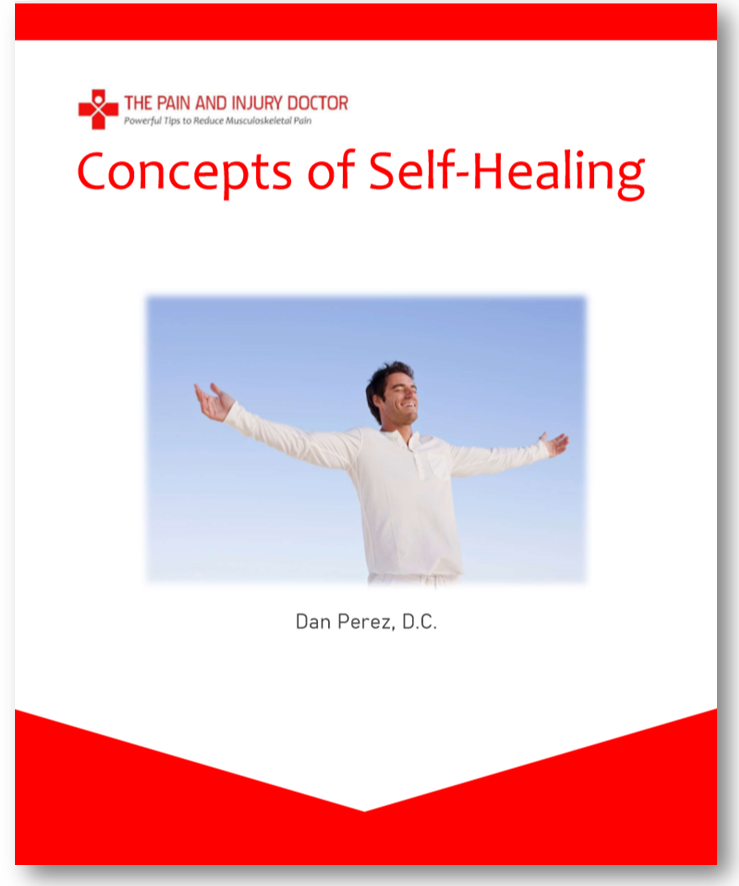Handling Foot Fatigue and Plantar Fascitis
As you age, the tendons and ligaments in your body get weaker/looser, which changes the dynamics of your joints. It’s probably related to the decrease in human growth hormone levels as we age.
Tendons attach muscles to bones, while ligaments attach the ends of bones forming a joint. The area that you will notice first when your ligaments weaken are your feet, as they bear all the body’s weight when standing.
I’ve noticed that my feet have flattened over the last ten years (I didn’t have big arches to start with). When your feet flatten, a couple of things can occur:
1. You will walk slower. The foot arch is like a mechanical spring device that is integral to bipedal locomotion: in mid-step, it loads up potential energy (using the plantar fascia– a broad ligament in the sole of the foot), and in toe-off helps push off the foot from the ground and initiates forward leg swing (think of a steam catapult on an aircraft carrier, assisting jets to take off and fly). When your feet flatten, you lose a lot of this ability and have to rely more on your leg muscles to walk.
2. You can develop calluses under your metatarsal joints (ball of the foot). The flattening effect places more pressure on these joints when you stand.
3. You can develop foot pain and fatigue.
4. You can develop ankle, knee, hip, and lower back pain.
#s 2, 3 and 4 are more likely if you are overweight.
If you have any of the above symptoms, and have flat feet, here are the things you can do to lessen the effects:
1. Take joint supplements that support healthy connective tissue.
2. Eat bone broth soup to give your body a ready supply of the building blocks of collagen, which is the main component of connective tissue.
3. Get foot reflexology treatment. I go to this local Chinese massage center that does Asian foot massage. It is one of those painful pleasures– after soaking your feet in a hot water tub for 15 minutes, the therapist kneads out all the sore spots under your feet, including the small muscles of the toes. My feet feel great afterwards.
4. Roll a golf ball under the sole of your feet: back and forth, and in circles. Do this while you’re sitting, and control the deepness of the massage by varying the amount of pressure you place on the golf ball. Great exercise to do while sitting at your desk; your co-workers won’t even know you’re doing it as they pass by.
5. Walk barefoot outside, as much as you can. This exercises the intrinsic muscles of the foot, and all the small joints. You do not get this benefit if your feet are constrained in a shoe.
6. Consider wearing a foot shoe, like the popular Vibram Five Fingers brand. This lets your toes move independently when walking, which exercises the foot muscles, and is the next best thing after going barefoot.







